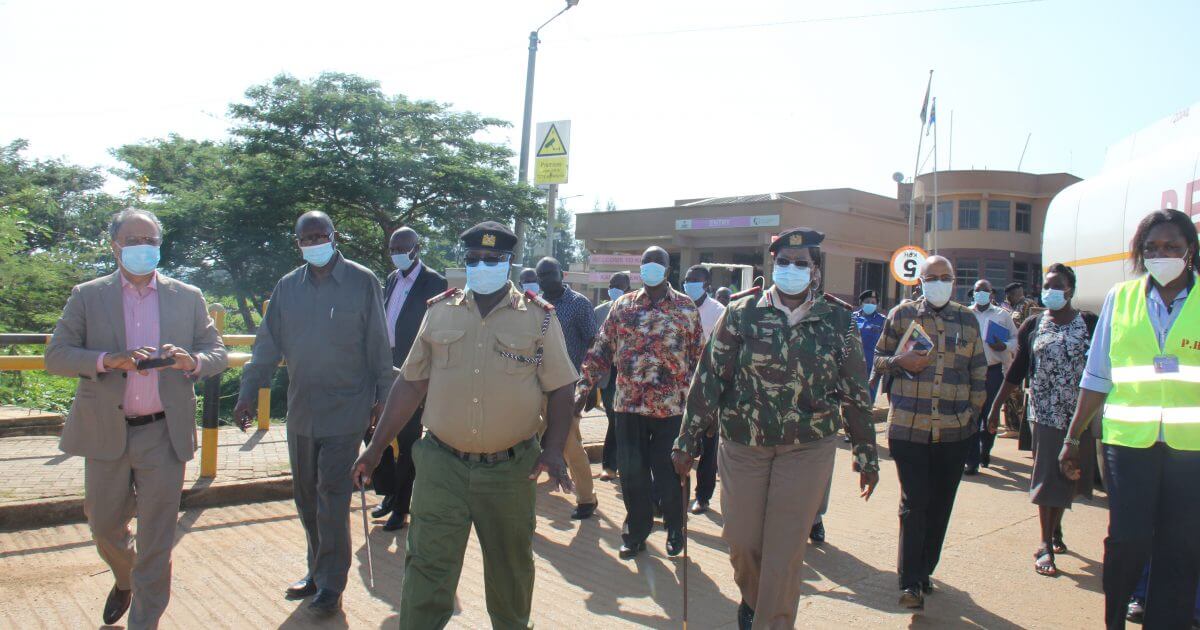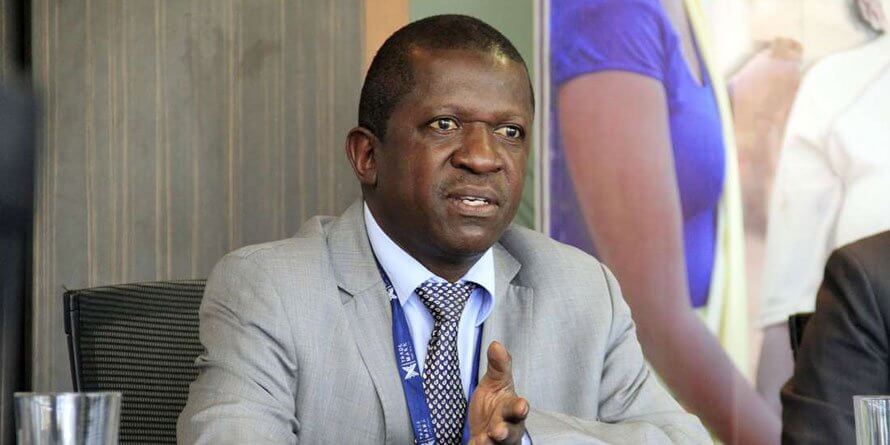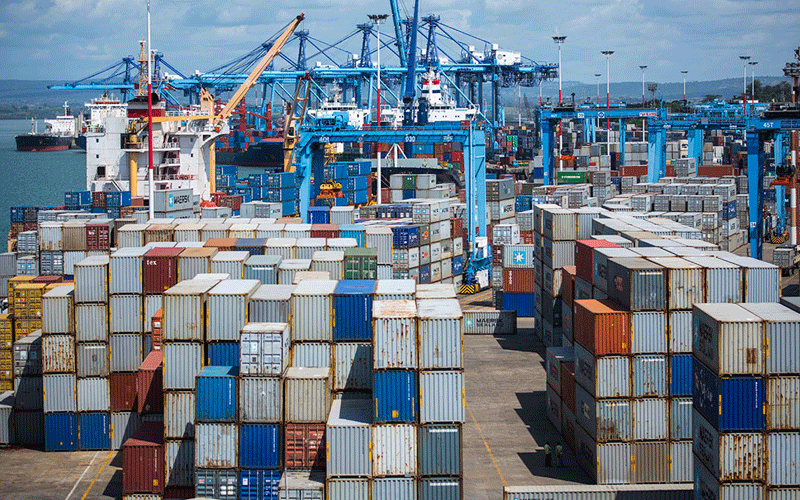THE recent 25 per cent duty introduced on imported glass by Kenya contravenes the provisions of the Treaty and the Customs Union Protocol of East African Community, Tanzanian glass manufacturer has claimed. The Kenyan government introduced the duty on im- ported glasses through the Business Law (Amendment) Act, 2 02 0, citing it was away for the government protecting the local industry. In a statement issued yes- terday in Dar es Salaam, the local glass container manufacturer, KIOO Limited expressed its concern over 2 5 percent exercise duty introduced by the East African nation, saying it was unfriendly for regional business growth. In its statement availed to this paper yesterday, Kioo Limited which is a proud Tanzanian manufacturing success story, said they are addressing this issue with the relevant ministries in Tanzania and also approaching the East African Court Justice to intervene in this matter urgently. Kenya recently enacted the Business Laws (Amend- ment) Act, 2 02 0 which amended the Excise Duty Act, 2 015 (Excise duty Act) by imposing excise duty on imported glass bottles (excluding glass bottles for packaging pharmaceutical products) at a rate of 2 5 per cent with effect from 18 th March 2020. Under the Excise Duty Act, there are no exemptions granted to goods imported into Kenya from East African Community Partner States and the new excise duty rate of 2 5 per cent will therefore apply to glass bottles import- ed in to Kenya from Tanzania. In its statement, Kioo Limited said...
Kenya’ s 25 pc excise duty on imports frustrates Tanzania glass business
Posted on: May 29, 2020
Posted on: May 29, 2020






















